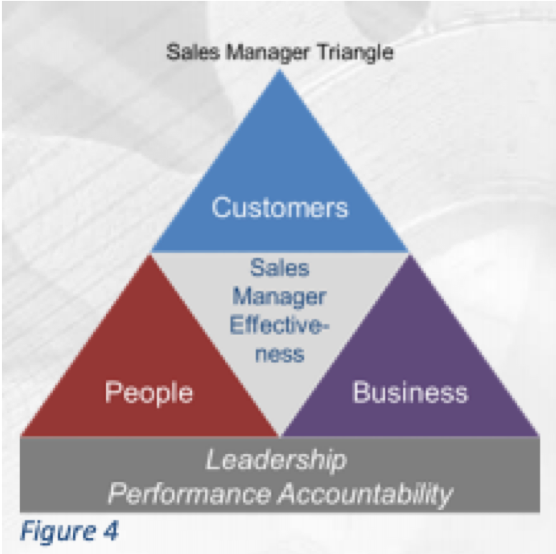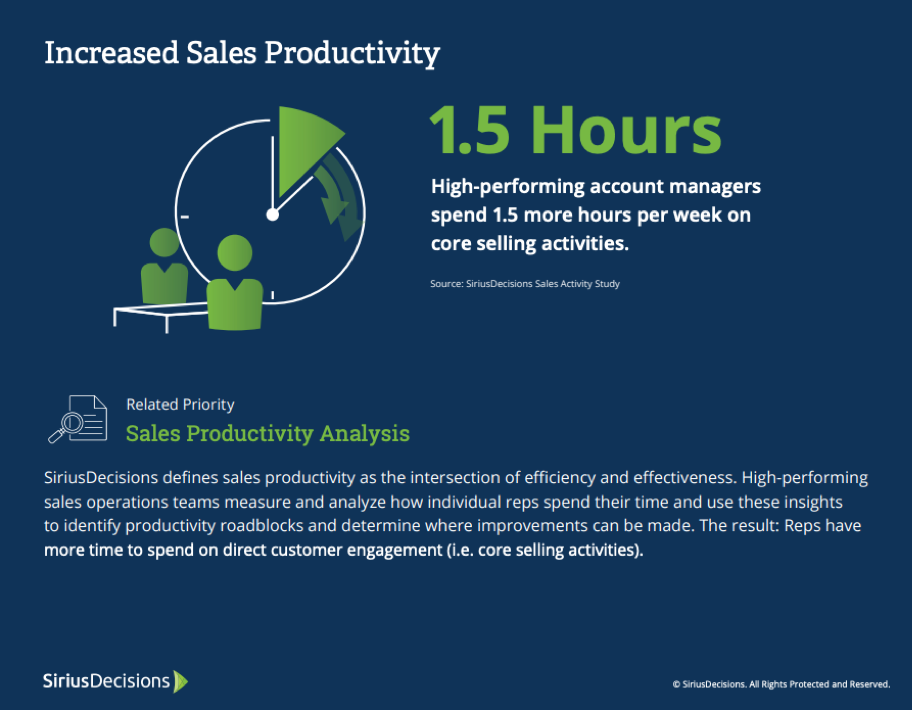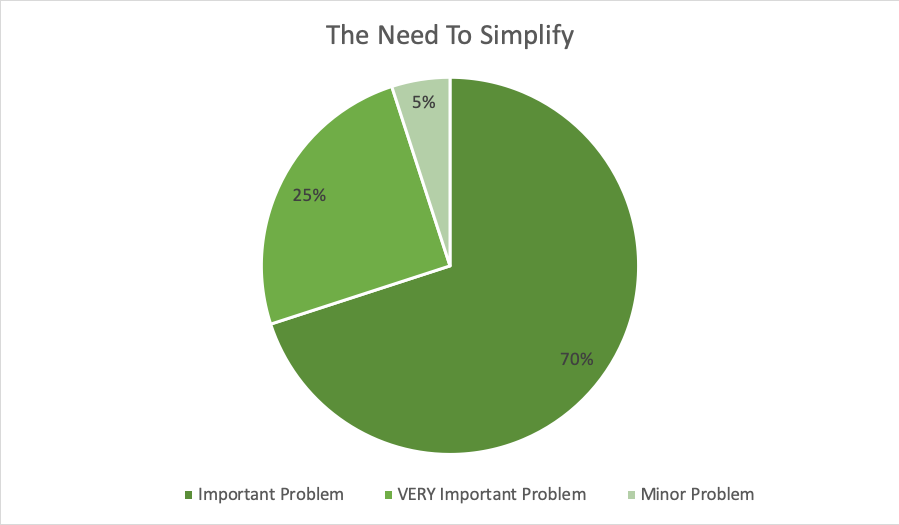B2B enterprise sales today is quite challenging. The complicated nature of deals—like having many decision-makers and long buying cycles—means that smart teams need a careful and strategic plan for each deal. Well-known methods (and the yearly training that usually comes with them) are typical in companies aiming to manage large accounts.
Unfortunately, these costs and time requirements for these antiquated training sessions fall short and expensive methodologies add to the problem by creating additional task-work. Yes, B2B enterprise sales is getting more complex but on the other hand, a rapidly evolving competitive landscape and customer-centric trends around account-based selling and customer experience are pushing sales teams to be more efficient, offer customizations, and scale revenue at unprecedented rates.
Add to that the operational pressures for data collection, process transparency, and collaboration. Sales teams and the managers that lead them are overwhelmed!
Sales teams are trying to close extremely complex deals as fast as they can before a competitor from across the globe can figure out Sally CEO’s favorite cocktail and offer a more personalized customer experience… and capture it all in their CRM.
So how can companies begin to tackle the problem? Let’s break down why your sales team is overwhelmed.
Why Sales Teams Are Overwhelmed
1. Competing and Unclear Priorities
Sales reps want to spend time focusing on what matters most – the interactions with prospects that will ultimately drive the sale. It should be simple to align companies around optimizing revenue. That’s the point of business, after all.
Unfortunately, competing interests and an unrealistic amount of administrative work make the day-to-day priorities for many sales teams unclear. Even though your sales team may be able to step back and identify where they “should” be spending their time, most of them just simply aren’t spending their time this way.
The solution here is straightforward: reduce or eliminate assignments that don’t align with your team’s purpose. According to CSO Insights, the three things that all sales managers should prioritize are customers, business and people.
“Notice that this is an equilateral triangle where all sides are equally important. This focus on three vital areas at once is one of the things that makes the sales manager’s role particularly complex. But, when all sides are equal, the center triangle— sales manager effectiveness—is also the most solid.” – CSO Insights Sales Manager Enablement Report
Use discretion to ensure that even administrative tasks drive value and that they are integrated into the workflow so that the most essential tasks aren’t compromised. Focus on what matters and eliminate distractions.
When the daily happenings aren’t driving business value, it’s time to reflect on what’s being valued and rewarded. This brings us to the next reason so many sales teams are overwhelmed; they prioritize tasks over meaningful progress.
2. Tasks Over Progress
“I am always on client calls and at industry events but I can’t close a deal.”
Does that sound familiar? If so, an over-emphasis on tasks versus meaningful progress is probably driving you and/or your team a little batty.
When the wrong activities are rewarded, sales teams get overwhelmed. They are always busy, but they never know what to expect as an outcome and forecasting revenue becomes an uninformed guessing game.
A successful sales and account management program should include clear, verifiable outcomes that are customer-centric. By aligning work to the core priorities outlined in section 1, the team is able to focus on the core selling activities that drive more dependable outcomes.
3. Inconsistent Processes
Now that you’ve identified what verifiable outcomes serve as benchmarks, it’s important to provide a practical roadmap to get to each outcome. In other words, you need a process.
An inconsistent (or non-existent) sales process is overwhelming. Tasks are disjointed. Conversations happen out of sequence or are repetitive as new stakeholders enter the discussion. Steps are forgotten. Successful deals are not repeatable which means that even successful teams aren’t scalable.
Processes that are constantly changing and processes that don’t drive predictable, profitable outcomes are often a result of pain points number one and two – there are unclear priorities and/or the work that drives these priorities hasn’t been defined.
A consistent process where purpose and performance intersect.
Fully addressing this problem requires that one and two be solved but it also requires you to take it one step further. A transparent and repeatable sales process that aligns with your strategy/sales methodology and leverages technology to navigate the optimal path to revenue is essential.
4. Using the Wrong Technology
The reason sales teams are overwhelmed by their current sales tools is because of a few distinct problems.
Old vs. New Technology
Either: the old technology they’re using slows them down. It lacks modern features and functionality or it’s a dated, in-house solution that is no longer being maintained. Time to upgrade.
Or: new tech may be more responsive but it’s not integrated with their business process. Having all the bells and whistles of new tech might be nice but it can actually just create more work and convolute priorities.
“The reality: [sales reps] are spending way too much time bending and breaking these tools to fit their needs, and that’s not counting the tedious data entry they do on the backend,” explains Shawn Murphy for Inc.com in his article, What to do when your employees feel overwhelmed.
The key to new technology is choosing flexible tools that help optimize revenue for your business. They should integrate seamlessly with workflows, operationalize your strategies, and accommodate continued growth.
Too Few vs. Too Many
Either: There is one tool that is trying to serve too many functions – and failing. For example, a CRM is a useful (and often necessary) way to aggregate contact and account information but it wasn’t designed with process implementation, task prioritization, or competitive insights in mind. It doesn’t assess the health of an account, uncover hidden revenue potential, or drive strategic alignment. In other words, it just falls short. Muscling the wrong tech to do what you need is often a fruitless and time-consuming endeavor.
Or: The tech you have is user-friendly and task-related but there’s just so much of it! Having too many tools for sales teams to learn and incorporate into their workflow can be overwhelming. If work is spread across too many platforms, it may be time to consolidate and simplify your tech toolbox. Trying to cobble together too many tools doesn’t work either.
Deloitte – Human Capital Trends
In order to help B2B enterprise sales teams feel less overwhelmed and be more productive, find focus around purpose-driven tools that support business priorities, verifiable outcomes, clear processes, and optimized technology. Sales is about optimizing revenue and teams should feel confident that their day-to-day efforts are aligned with that goal.


